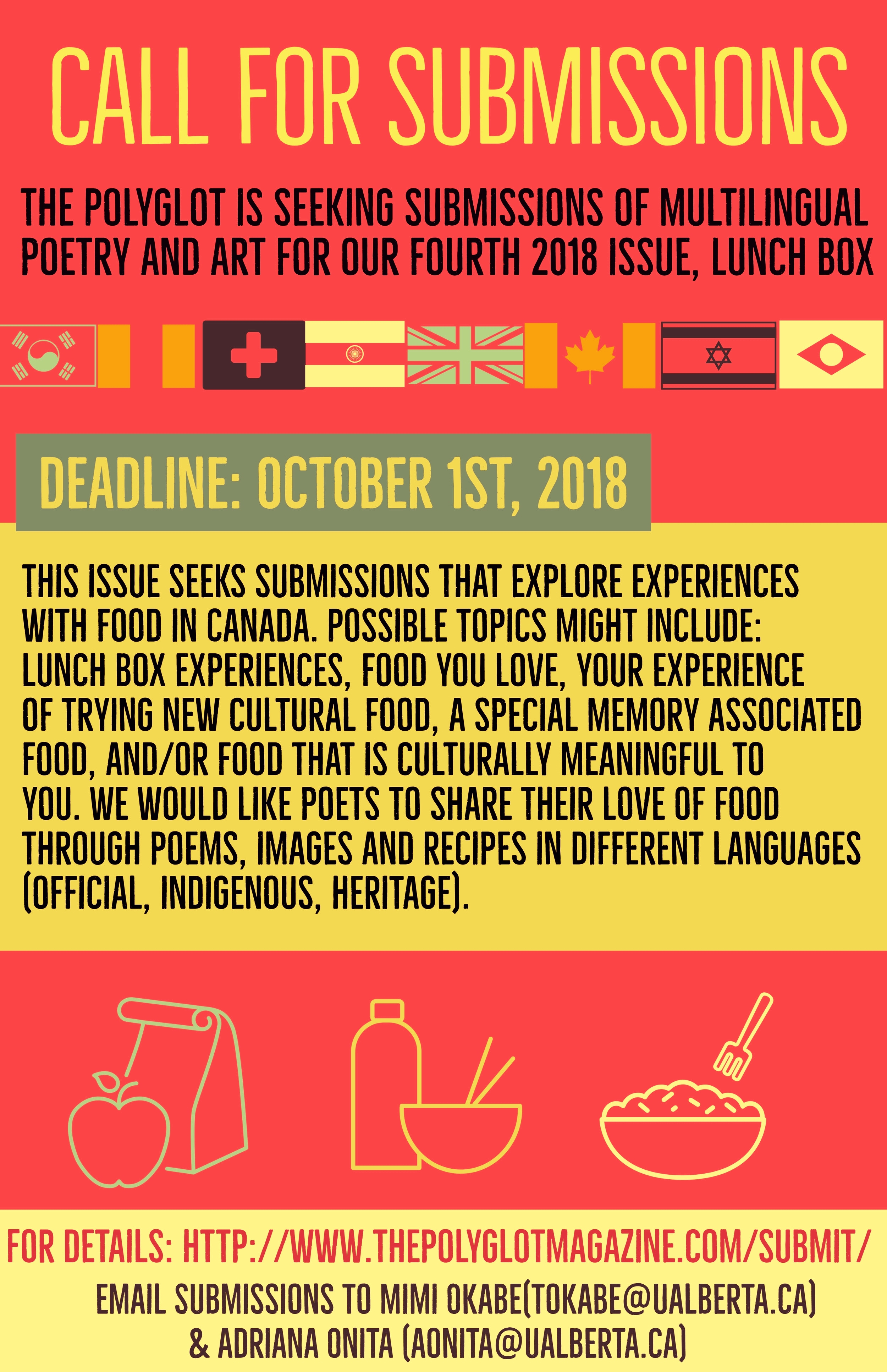Yesterday, the 3rd annual Graduate Student Teaching Award event was held in the Donadeo Innovation Centre for Engineering (and what a view of the city you get from up there!). I was really honored to have been one of the recipients of this year’s award, and I couldn’t have achieved it without the support of my students and my teaching mentors. First and foremost, to the students who nominated me, my heartfelt thanks. Thank you for motivating me and teaching me how to be a better instructor. To my mentors who have provided me with an incredible support network, your openness has had an invaluable impact on my own teaching philosophy, and I hope that I can continue to emulate your level of success. For the list of 2018 award recipients see here.
How can you be nominated for this award?
Each department has its own process, I believe, so I can only speak from my own experience as a student in Modern Languages & Cultural Studies. Also, check out the outlines & procedures posted on the FGSR website.
Usually, in the fall semester, there is a call for nominations. The MLCS awards committee will send you a link for you to share with students. At this stage, all you can do is to request students, whom you have taught, to consider nominating you. The more students you can reach out to, the better. They are asked to fill out a short survey (which you don’t have access to, obviously) and then you play the waiting game.
About a month or so later, you will receive an email from the MLCS awards committee. If you were successfully nominated, then, you will be asked to submit a teaching dossier as part of your application. For tips on how to put together a dossier, see these links (scroll to the bottom of the page). After all this, sip on a glass of wine and start working on your other projects because you won’t find out the results until the end of February of the following year.
Some tips:
It’s never too late to get started! In other words, at whatever stage you are at in your graduate program, start thinking about how you can put together a teaching dossier and how you can develop a strong CV.
The FGSR offers workshops as well as the Graduate Teaching & Learning Program, which are designed to provide you with practical tools and knowledge about teaching.
A dossier takes time to put together, so start early. Work on it bit by bit. Don’t be afraid to ask your colleagues, professors and/or mentors to help you. Seek their professional advice in order to build a stronger dossier (some of them are tenured for a reason…). Luckily, I belong to a department that is supportive of their grad students, so I had no problem asking for help.
At the end of the day, be your own advocate!! Get as many teaching opportunities as you can. If you can’t get teaching gigs, do a series of guest lectures and always ask for students’ feedback (either online or in hard copy) and include them in your dossier. Join teaching circles at your university. If your institution doesn’t have one, then create one. Take initiative to demonstrate that you geniunely care about & are critically thinking about teaching.
Find a teaching mentor and meet with her/him once a month or so to discuss your progress, challenges and etc. Having a teaching mentor is important because they not only provide you with words of wisdom, but can support your role as an instructor in so many different ways.
I hope some of these tips will set you up for greater success!

